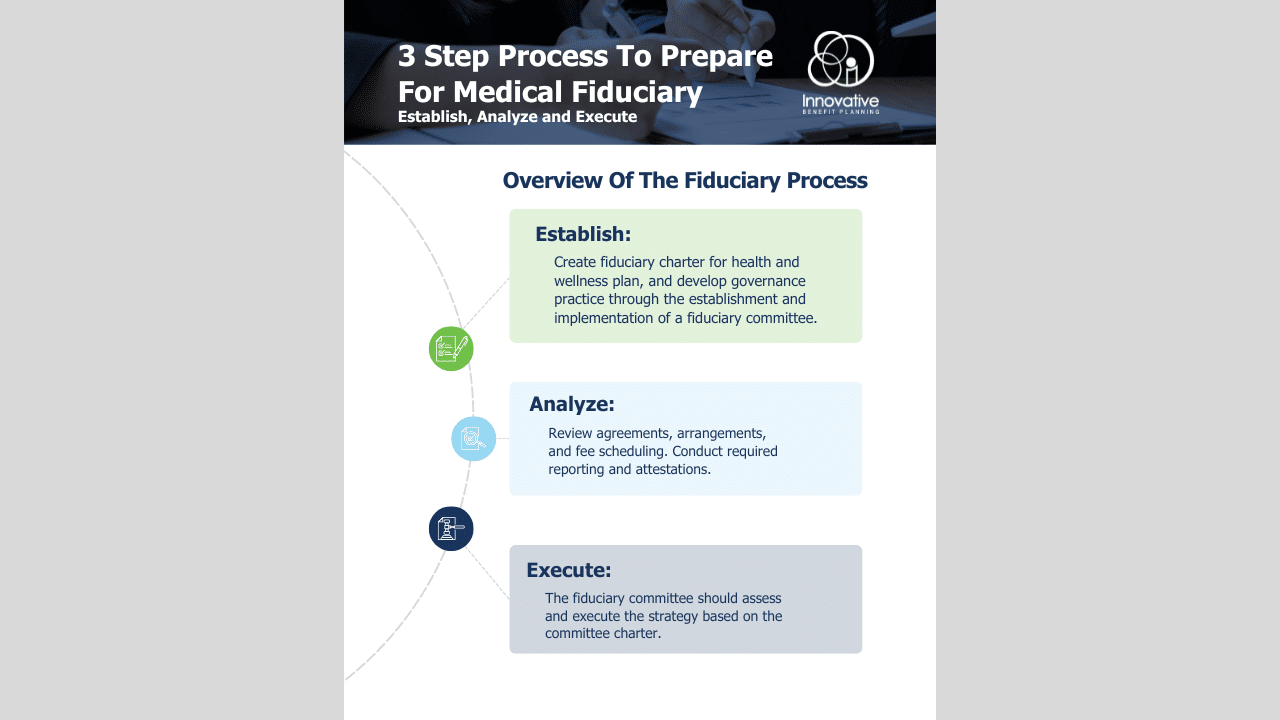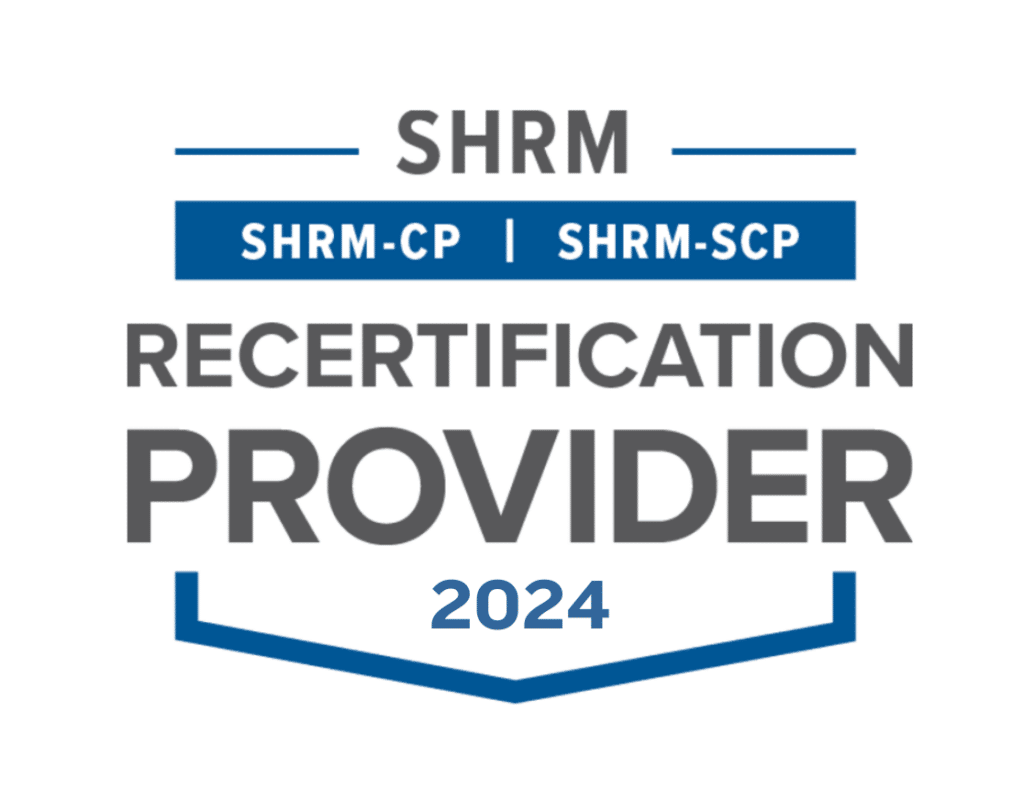The Department of Labor has issued an updated definition for “spouse” under the Family and Medical Leave Act (FMLA) to make compliance with FMLA easier for both employers and employees. The new regulations will be effective on March 27, 2015, and will define “spouse” as a husband or wife, which refers to a person “with whom an individual entered into marriage as defined or recognized under state law.” The governing state law is that of the “celebration state” or where the marriage took place. Residency of the employee or the state of the employer will no longer have any bearing on the definition of “spouse” for purposes of FMLA. This change means that the same criteria for determining whether an employee is legally married will apply to both benefits and FMLA eligibility determinations.
The updated regulations will allow an employee in a same-sex or common-law marriage to take FMLA leave to care for a child of his or her spouse, or take care of a parent’s same-sex or common-law spouse. For individuals married outside of the United States, the regulations will also apply to any marriages that were legal in the country in which they were performed, as long as the marriage could be legally entered into in at least one state.
Employers may request “reasonable” documentation of a family relationship, but the request cannot interfere with an employee’s rights, and the employer cannot dictate what documentation must be presented. A simple statement by the employee may be sufficient, although the employer may request that a statement be put in writing.











